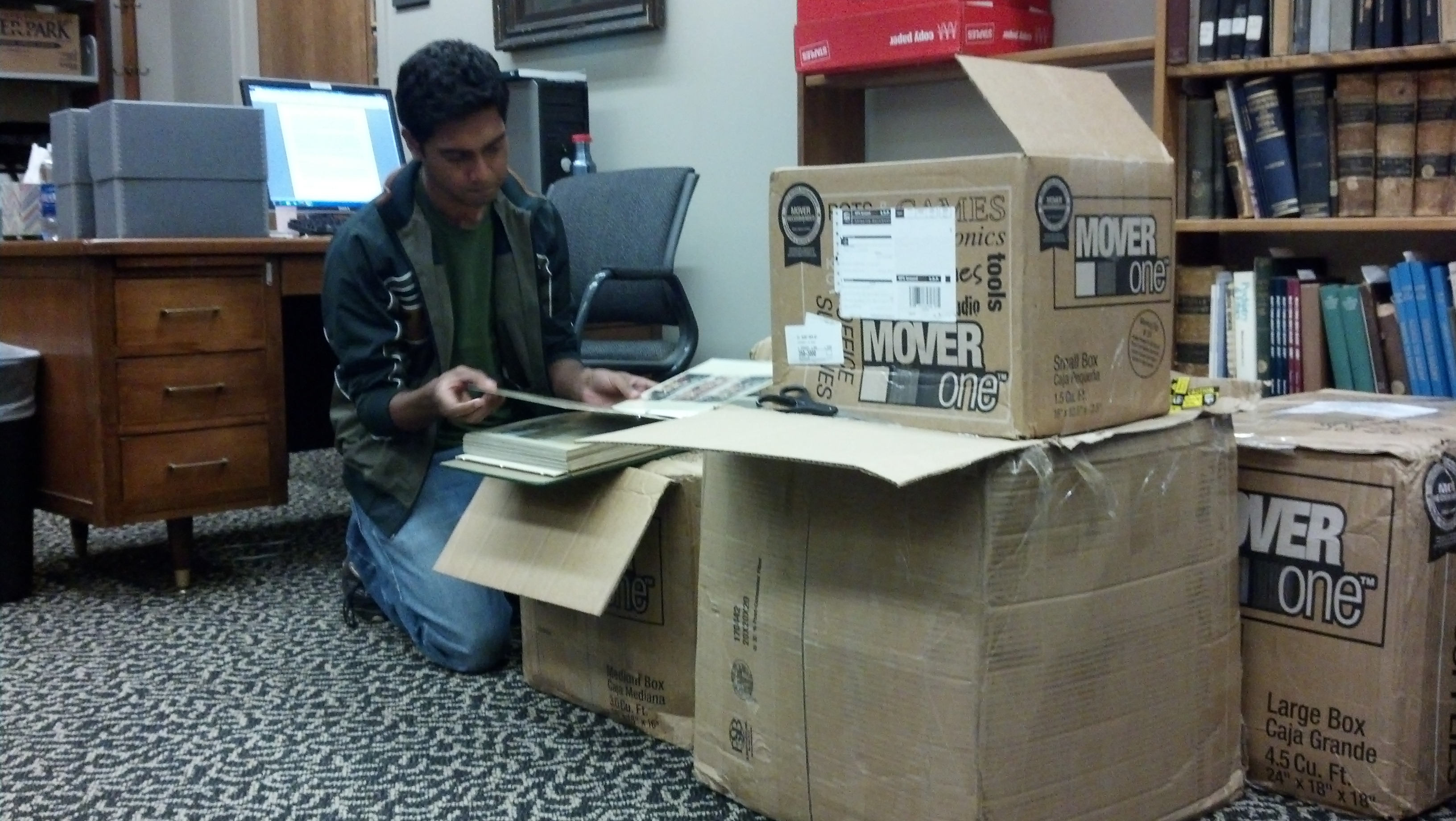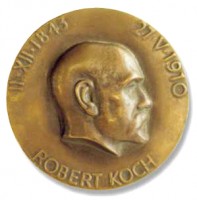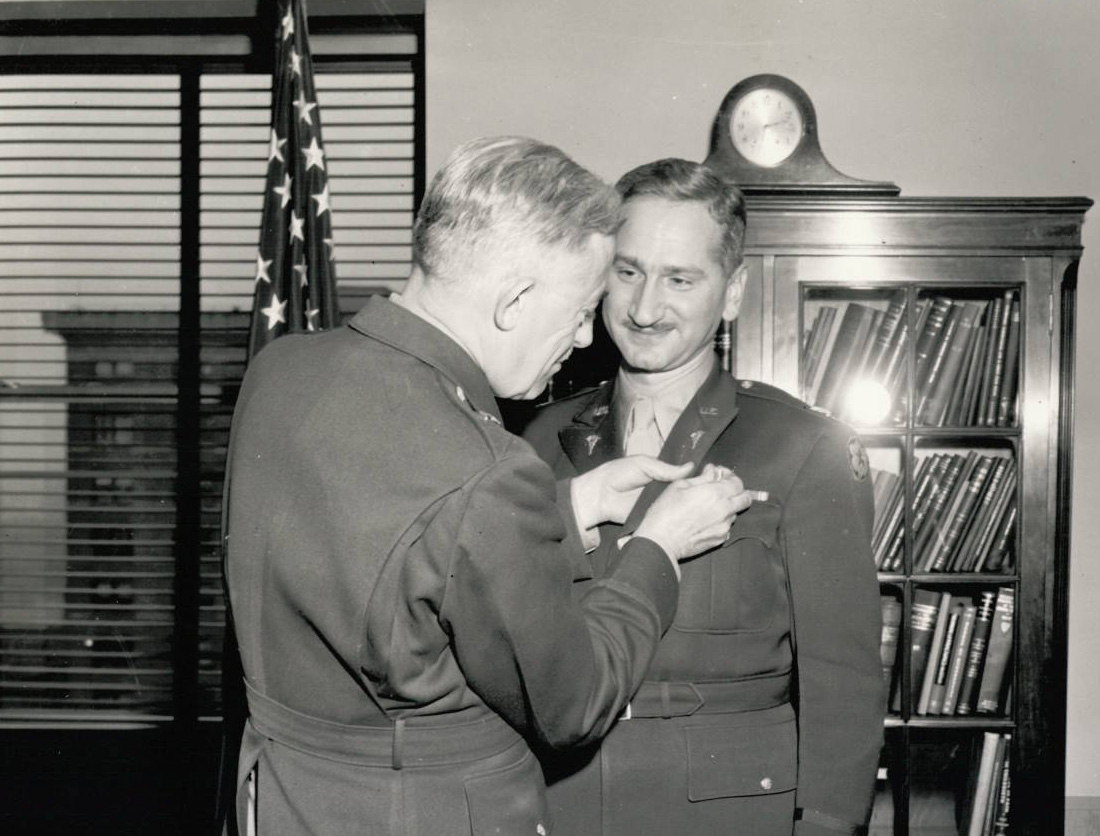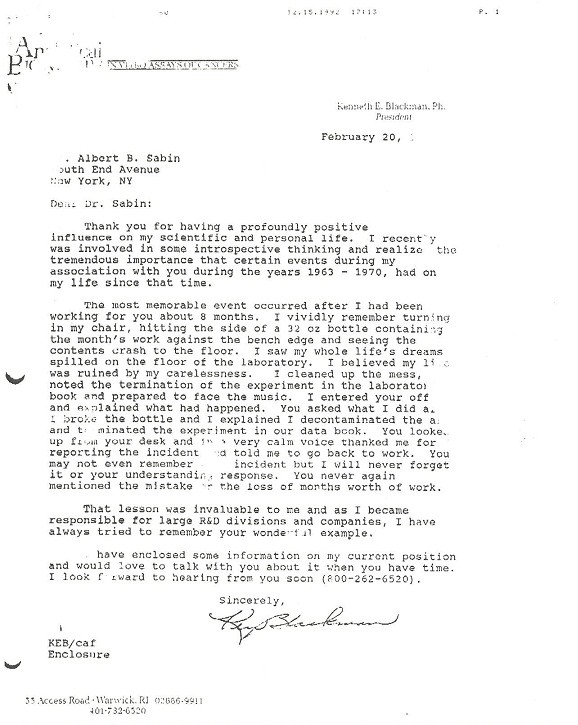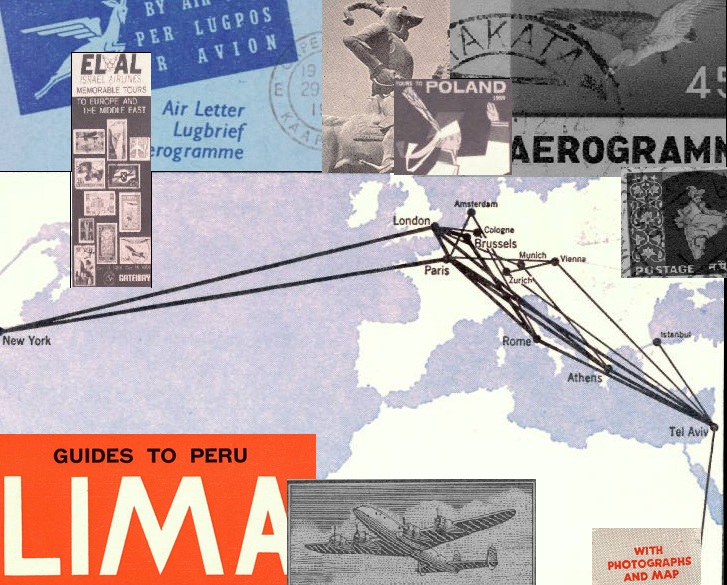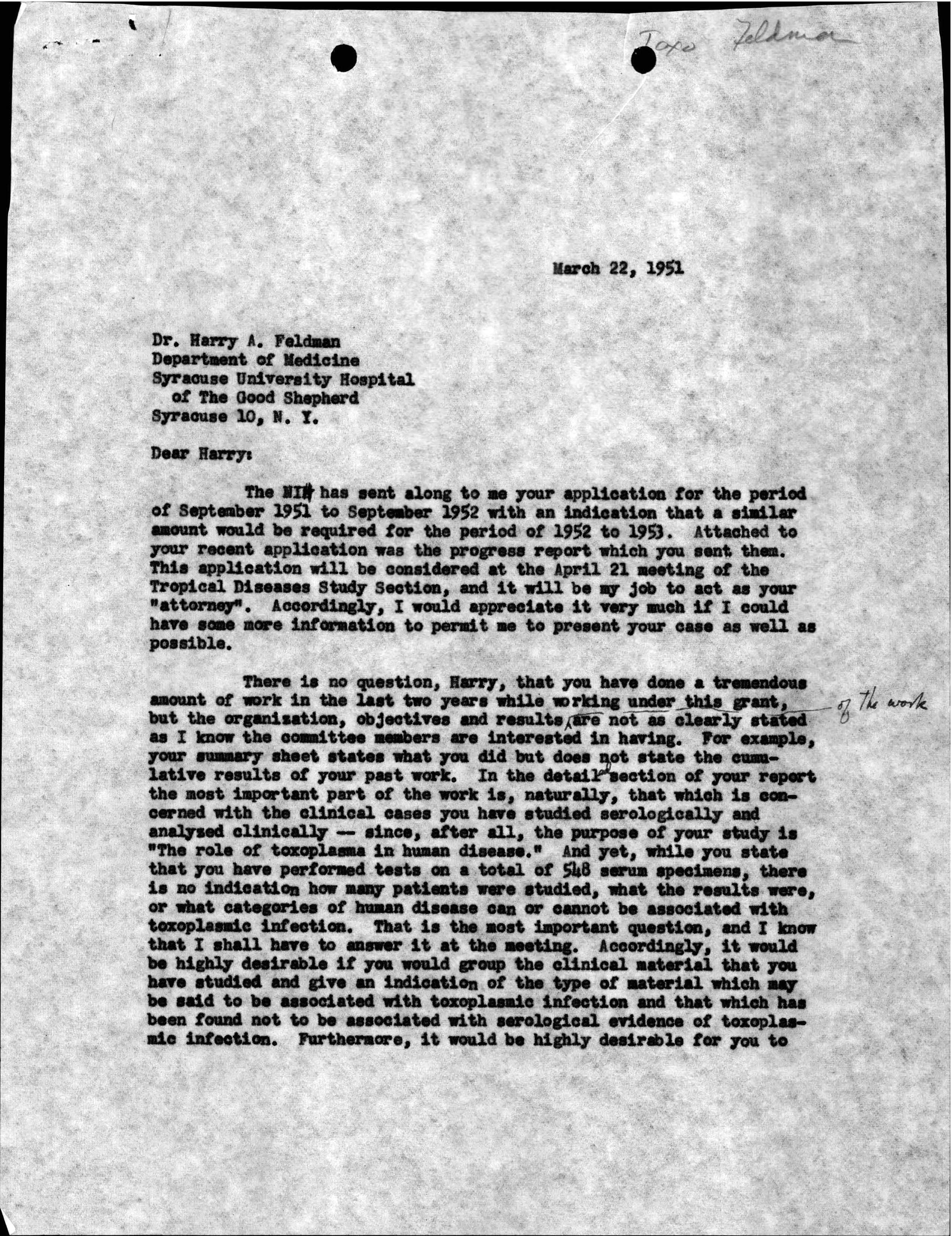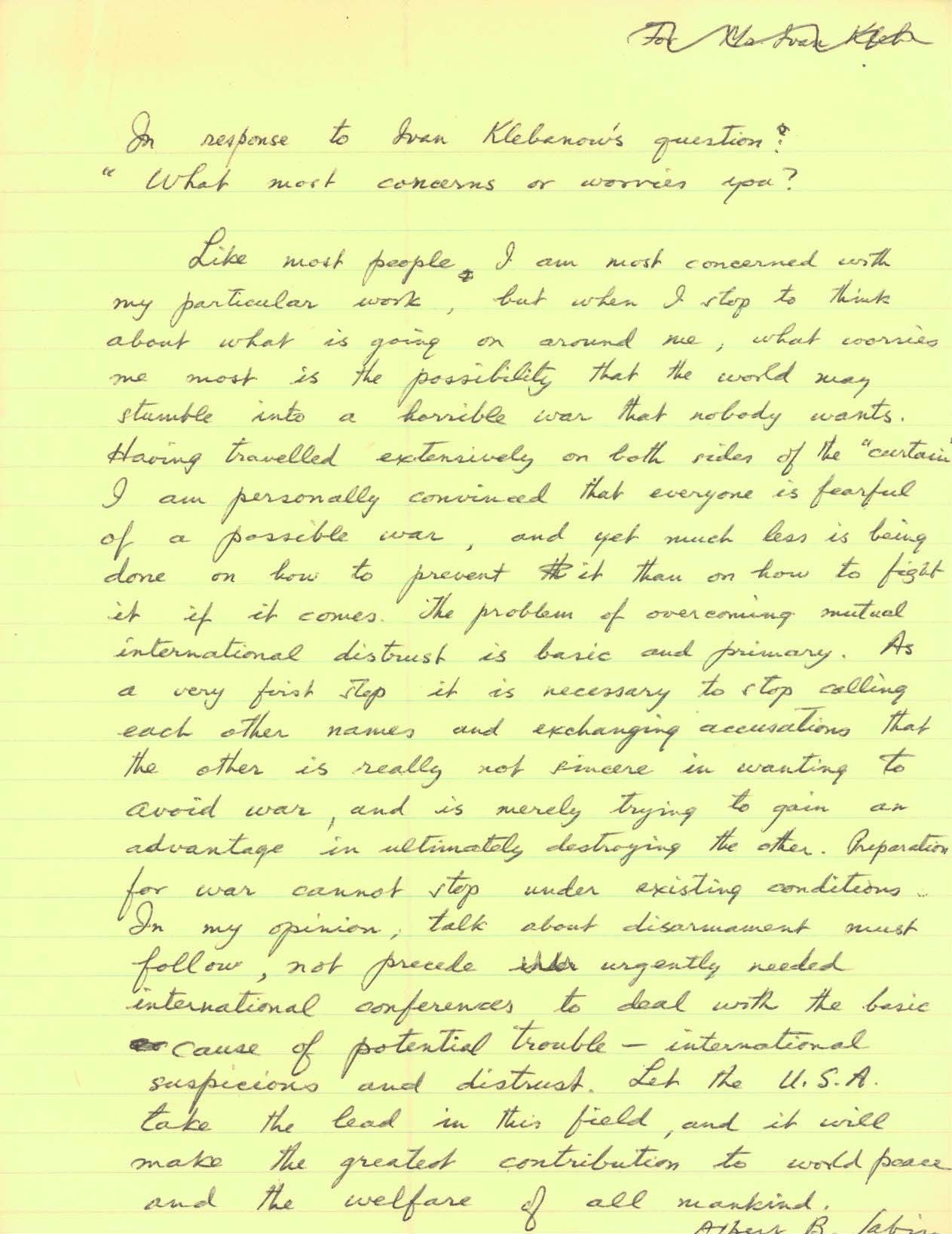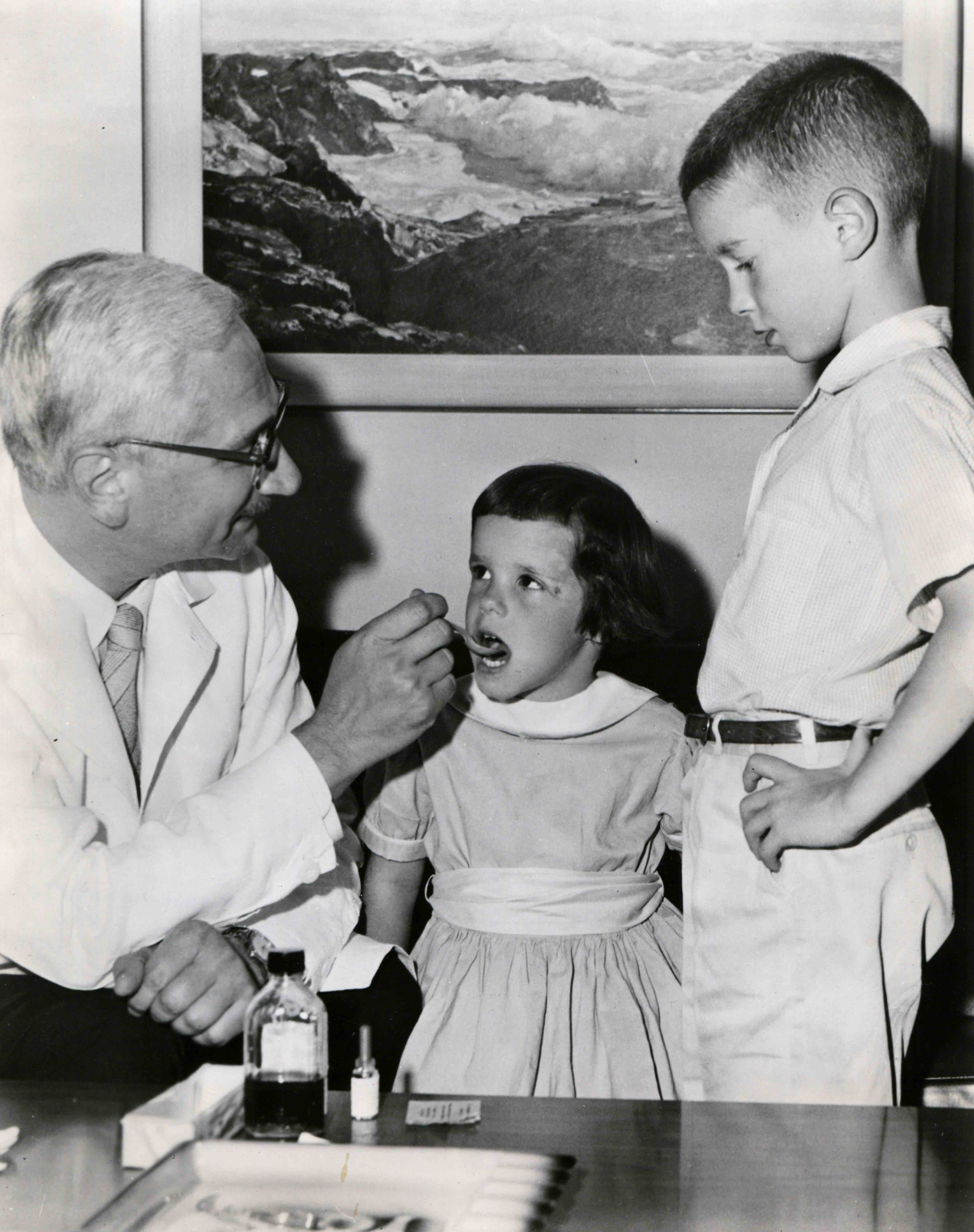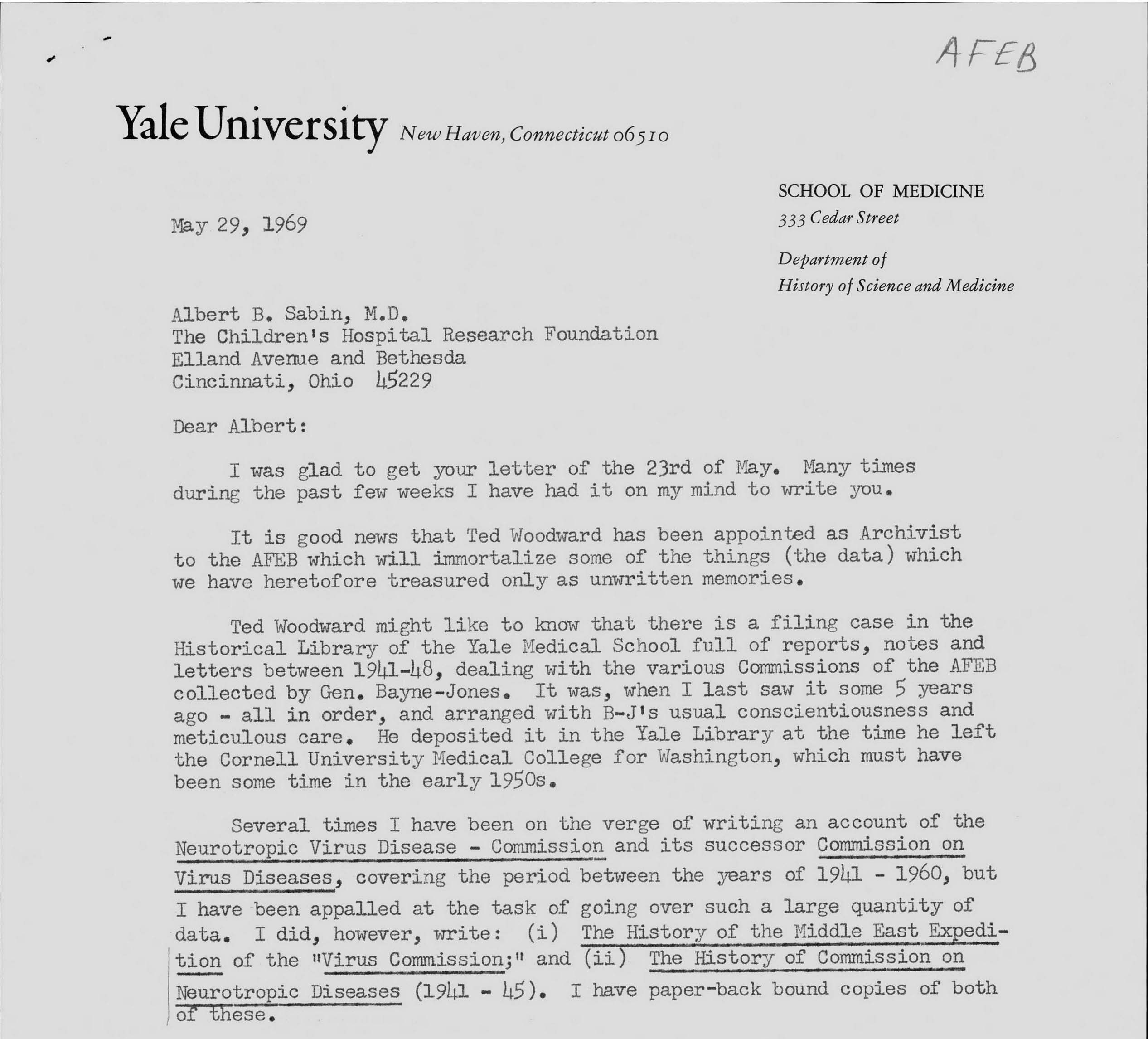The Winkler Center is a medical archive, library, and exhibit facility that encourages visitors and researchers to explore Cincinnati’s rich medical history. The Winkler Center newsletter is published semi-annually, and is available at the Winkler Center’s website.
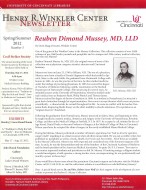
Spring/Summer Issue
This issue takes a look at the Winkler Center’s Mussey Collection. Five thousand mostly pre-1860 medical books, journals, and pamphlets make up the Mussey Collection. Rueben Diamond Mussey, MD, LLD was a professor of surgery at the Medical College of Ohio in Cincinnati, the chair of surgery at Miami Medical College, and the founding president of the Cincinnati Academy of Medicine. The Mussey Collection was his personal medical library. It is a rare example of a virtually intact early- to mid-19th century medical library. For more information, visit the collection’s website.
In another article, “The Role of the History of Medicine in Today’s Medical School Curriculum,” Philip M. Diller, MD, PhD looks at how history is an important part of studying and practicing medicine. Dr. Diller is a Fred Lazarus, Jr. Endowed Professor and Chairman with the Department of Family and Community Medicine, and a member of the Winkler Center’s Advisory Board.
Also included are updates on the Albert B. Sabin archive digitization project and the processing of the Henry J. Heimlich archive.
The Winkler Center’s most recent benefactors are acknowledged. For information about becoming a supporter, please contact Margaret W. Wolf, Director of Development, at (513)556-0055 or peggy.wolf@uc.edu.
Contact the Winkler Center at (513)558-5120 or chhp@uc.edu if you would like to receive future newsletters.
